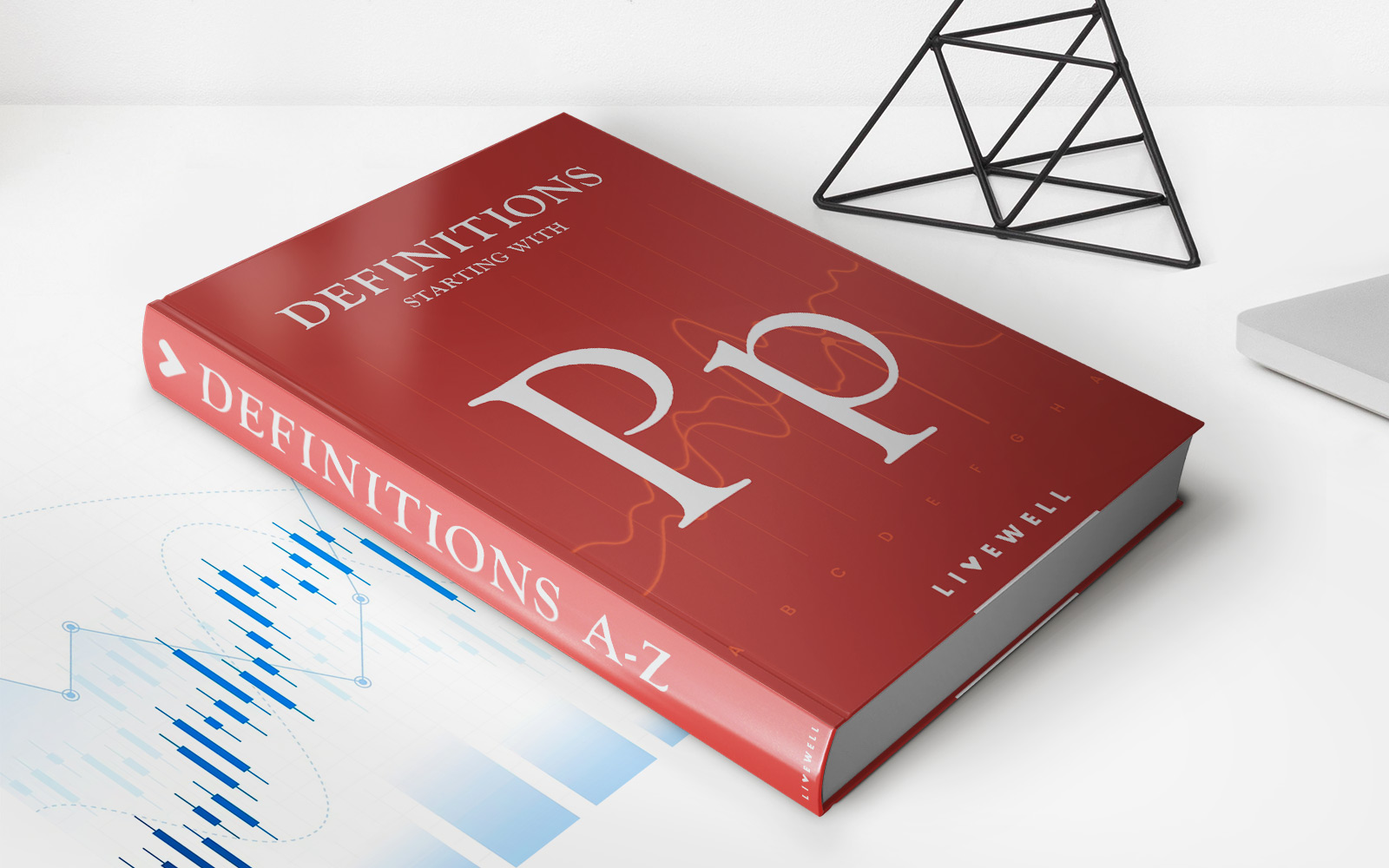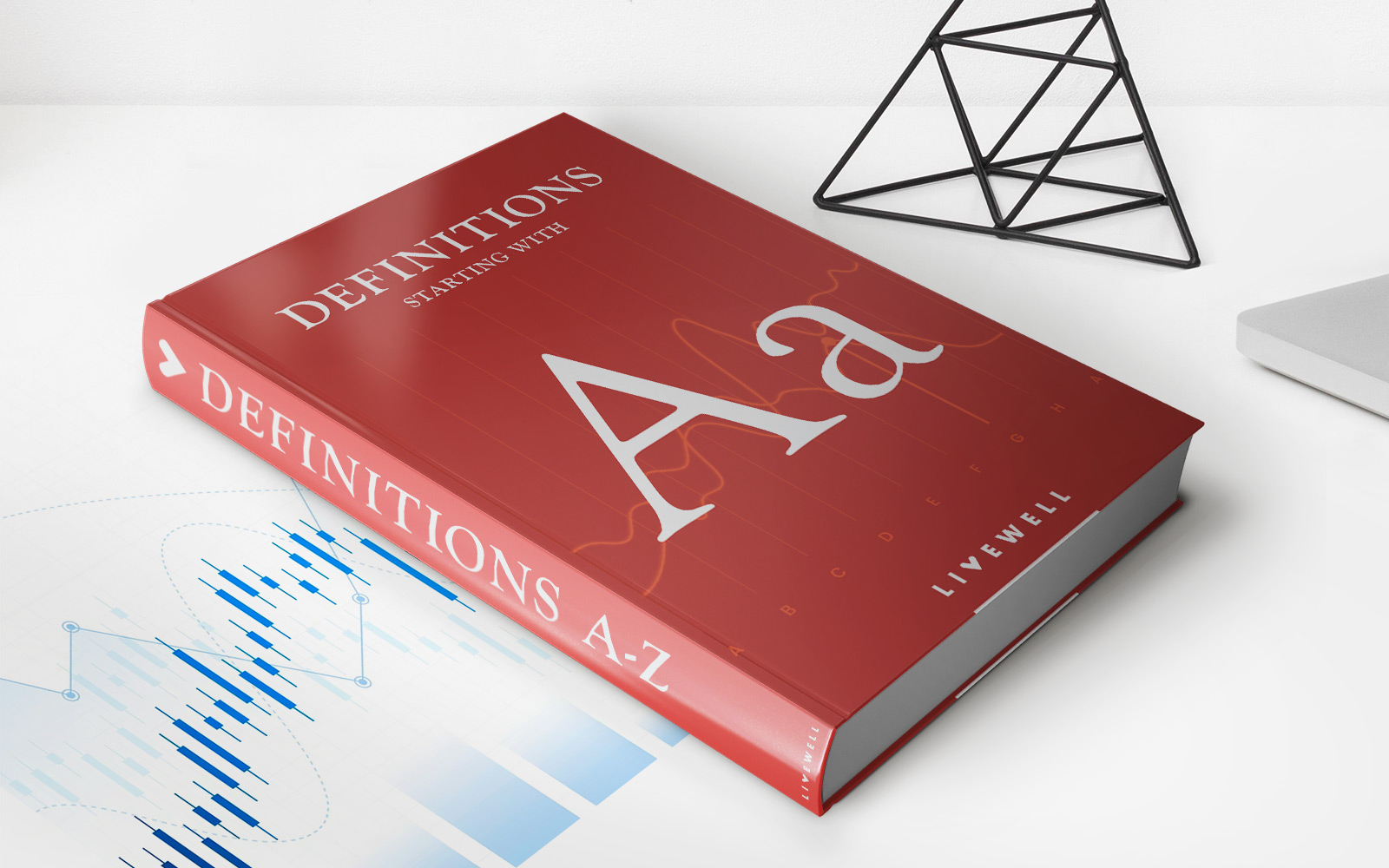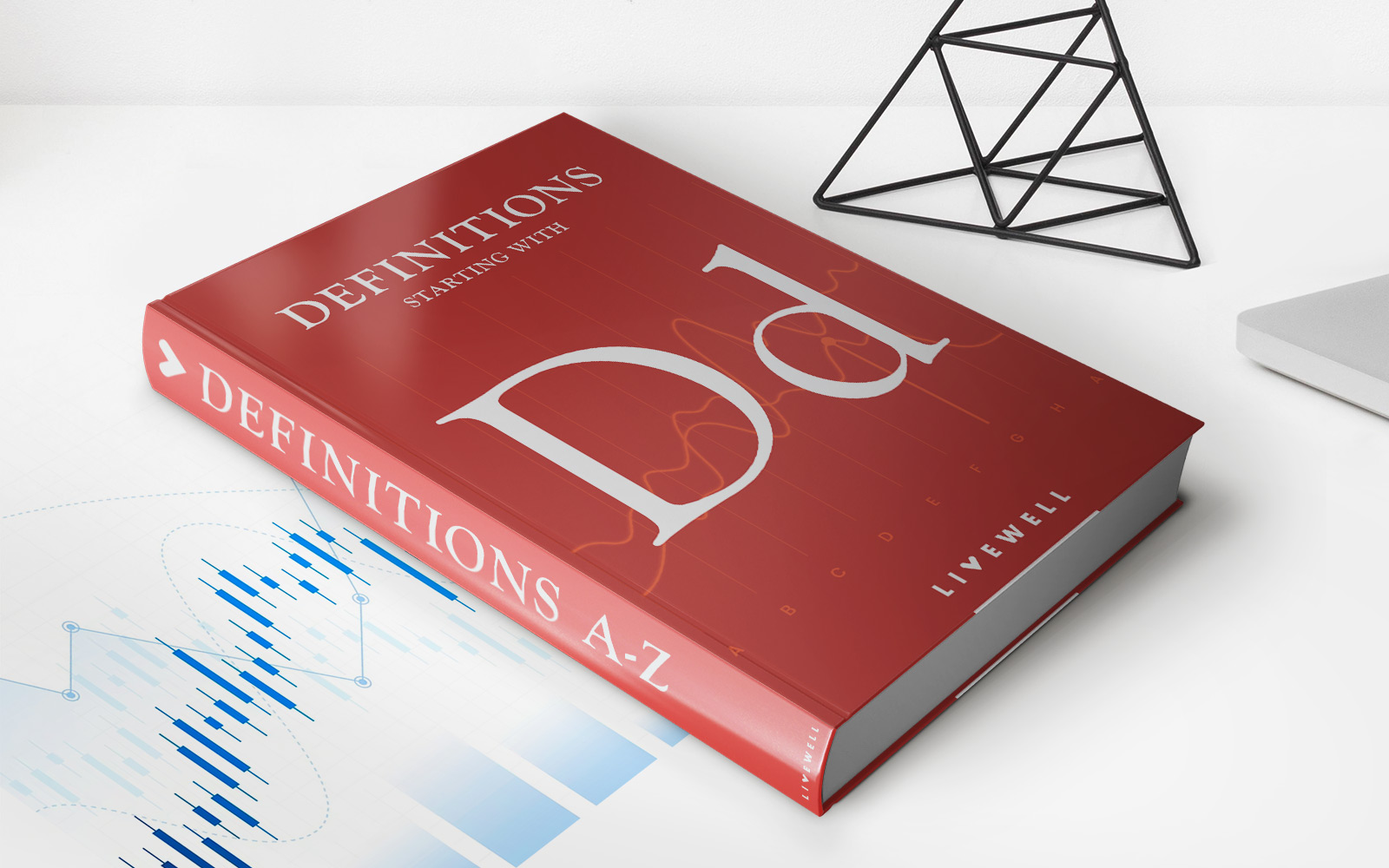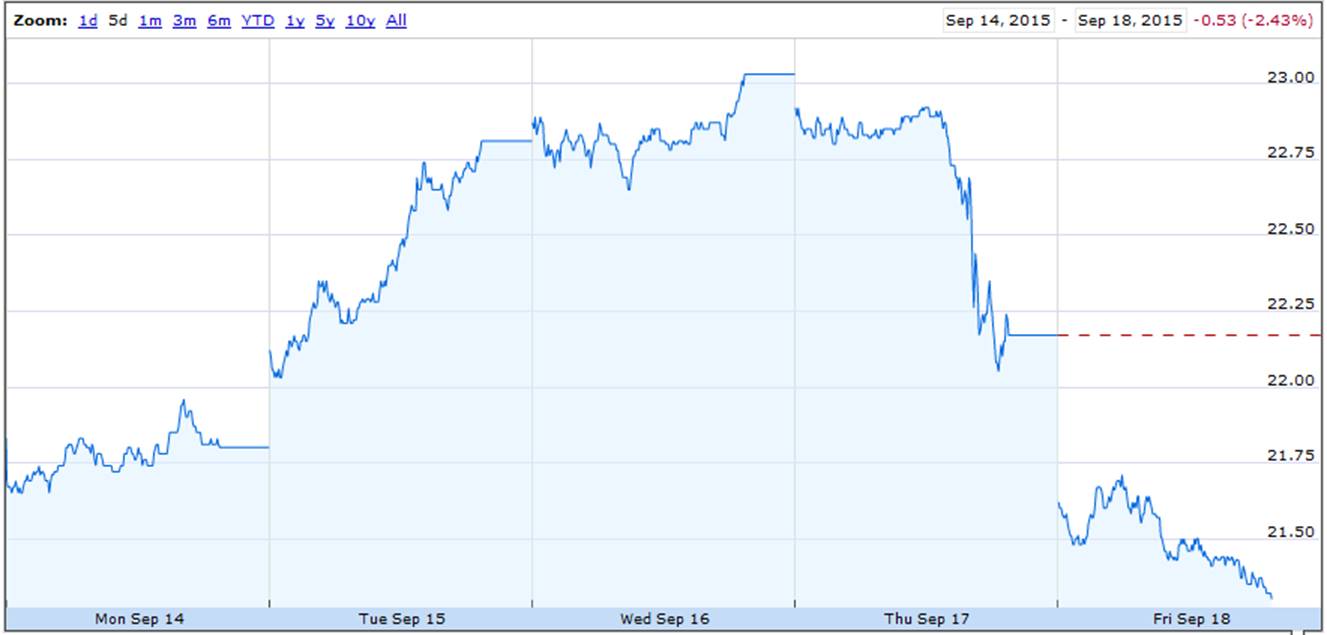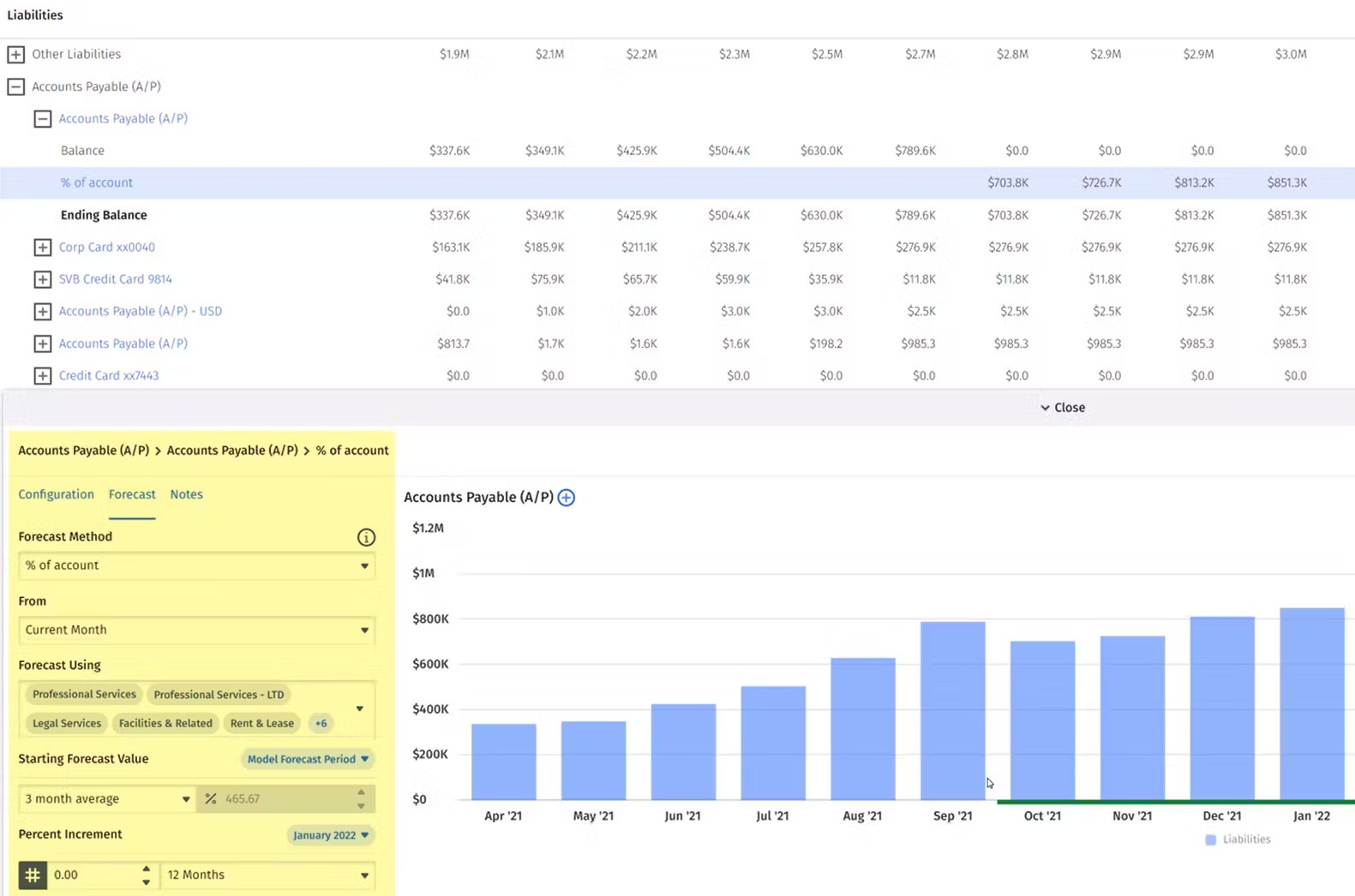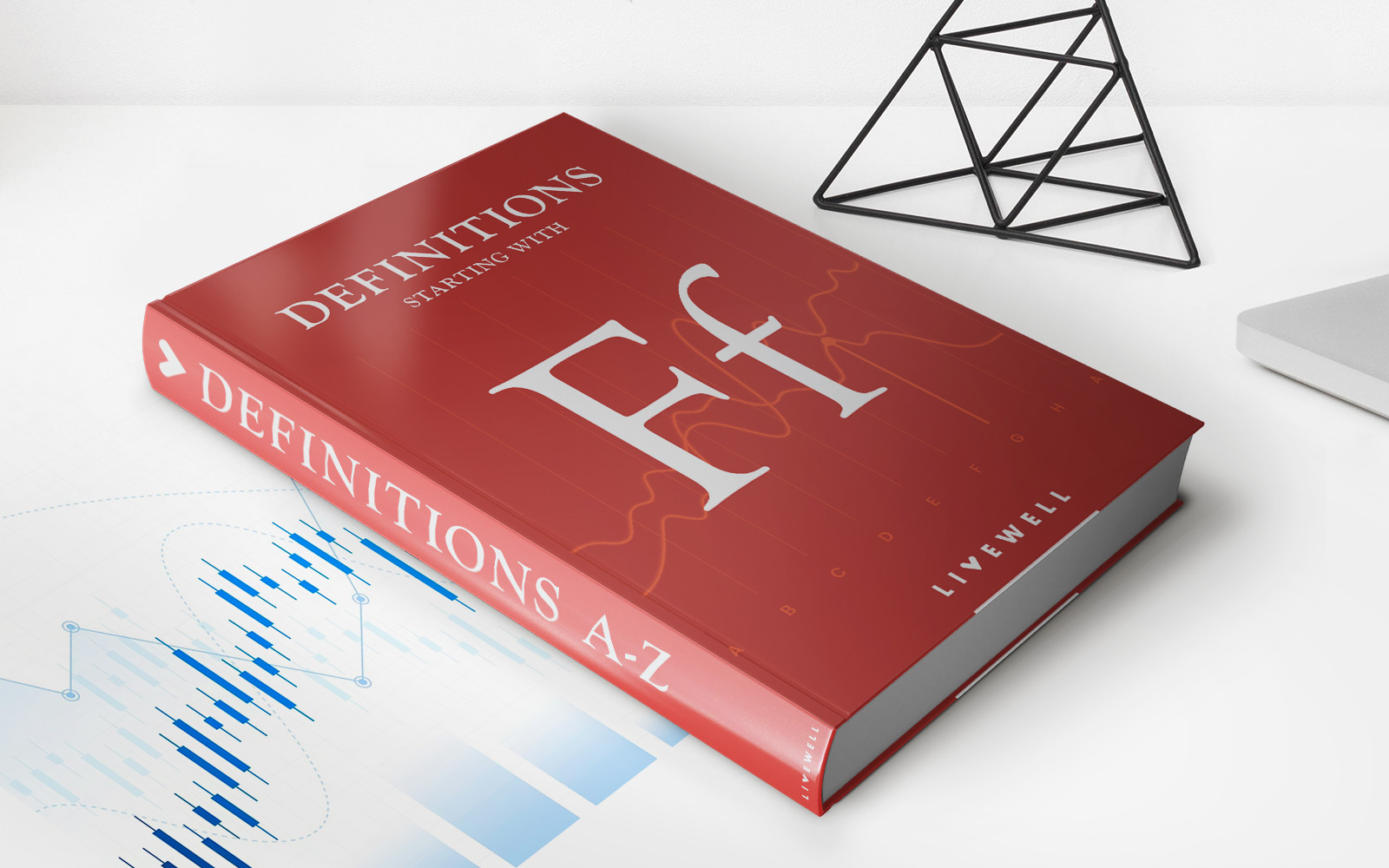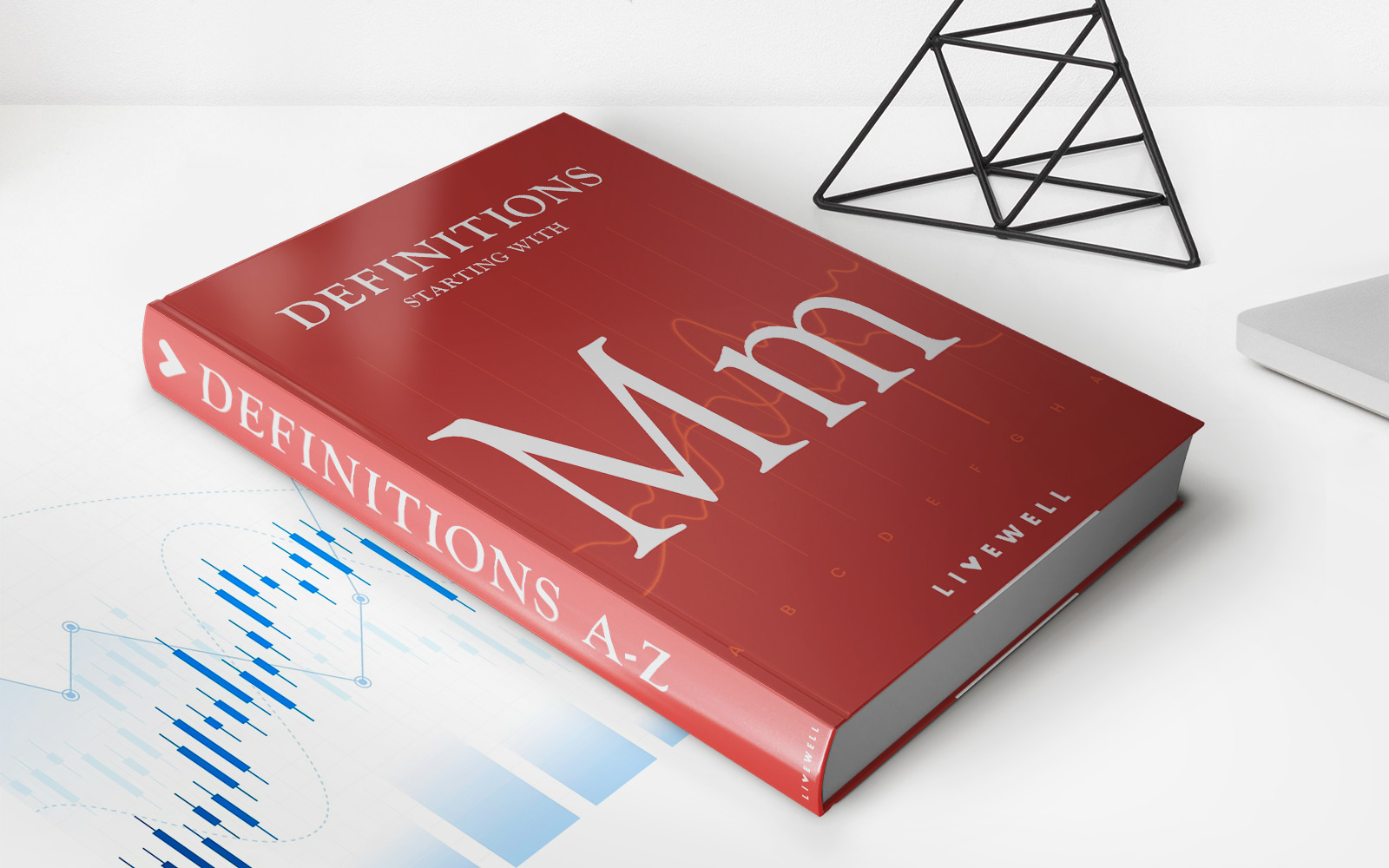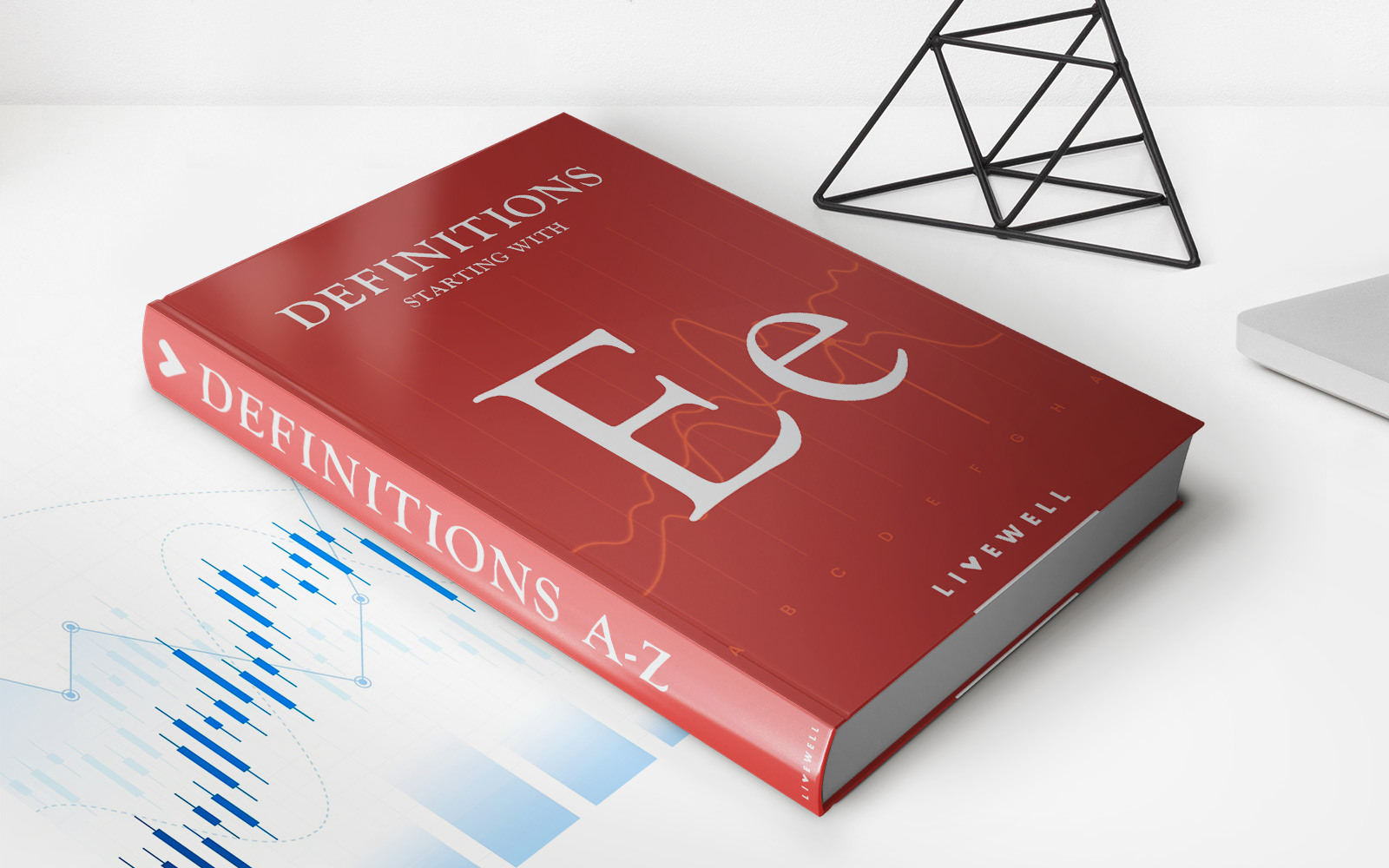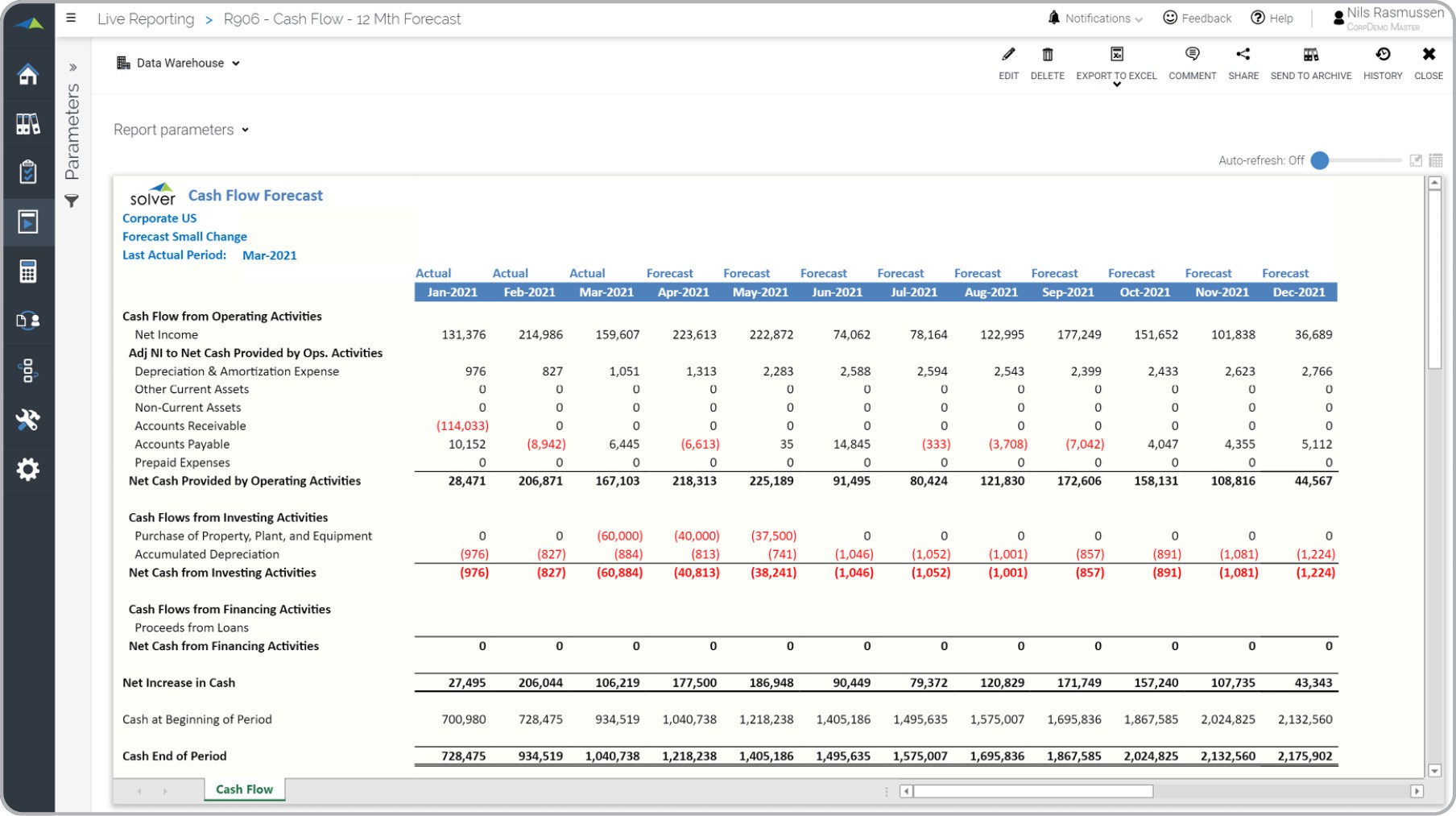Home>Finance>Delphi Method Forecasting Definition And How It’s Used
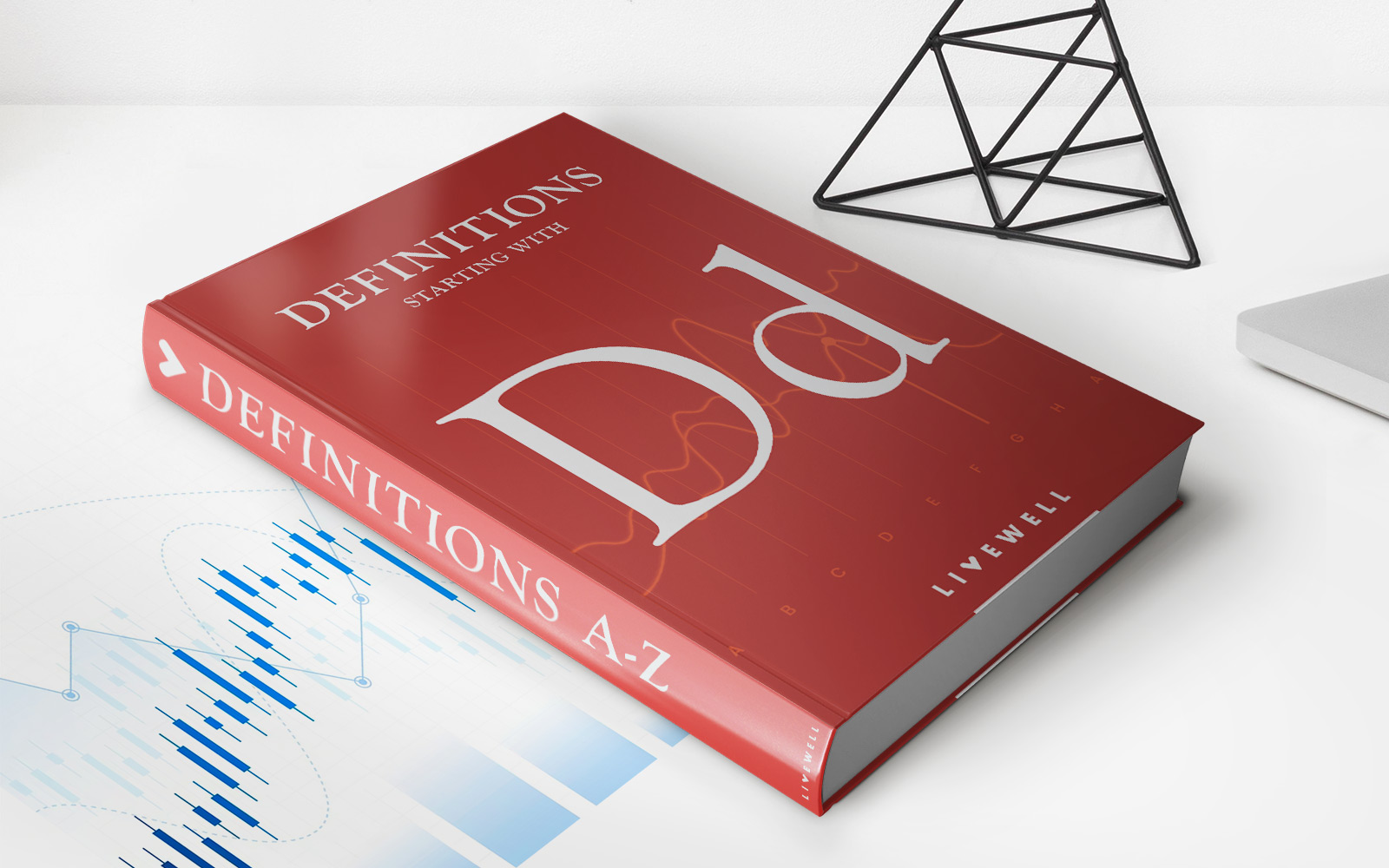

Finance
Delphi Method Forecasting Definition And How It’s Used
Published: November 10, 2023
Learn about the finance forecasting technique known as the Delphi method and discover how it is effectively utilized in the field of finance for accurate predictions and strategic decision-making.
(Many of the links in this article redirect to a specific reviewed product. Your purchase of these products through affiliate links helps to generate commission for LiveWell, at no extra cost. Learn more)
Delphi Method Forecasting: Definition and How It’s Used
Welcome to the “Finance” category of our blog! In this post, we will explore a fascinating forecasting technique called the Delphi Method. Have you ever wondered how experts predict future outcomes in the world of finance? The Delphi Method is a powerful tool that enables professionals to make informed predictions based on collective intelligence and expert opinions. In this article, we will delve into the definition of the Delphi Method and explore how it is used to make accurate financial forecasts.
Key Takeaways:
- The Delphi Method is a forecasting technique that relies on the input of a group of experts to make predictions about uncertain events.
- It is a structured and iterative process that aims to reach a consensus among experts through a series of questionnaires and feedback rounds.
What is the Delphi Method?
The Delphi Method is a forecasting technique used to predict uncertain or complex future events. Unlike traditional methods that rely on a single expert’s opinion, the Delphi Method harnesses the power of collective intelligence by incorporating insights from a group of experts. It was developed in the 1950s by the RAND Corporation for military purposes, but its applications have since expanded to various fields, including finance.
The Delphi Method follows a structured and iterative process to gather and analyze expert opinions. It typically involves the following steps:
- Selection of Experts: A diverse group of experts, chosen based on their knowledge and expertise in the subject matter, is selected to participate in the Delphi process.
- Questionnaire Development: A series of questionnaires are created, addressing various aspects of the forecasted event or situation. These questionnaires are designed to solicit expert opinions and insights.
- Round of Feedback: The experts are provided with the initial questionnaire and asked to answer the questions based on their understanding and expertise. The responses are collected and analyzed by the facilitator.
- Reiteration: The experts receive a summary of the group’s responses, and they are given the opportunity to revise their initial answers based on the collective insights shared. This process continues for several rounds, with the goal of reaching a consensus or convergence of opinions.
- Consensus Analysis: The facilitator analyzes the responses and identifies areas of agreement or differences among the experts. By considering the range of opinions, a more accurate and well-informed forecast can be made.
How is the Delphi Method used in Finance?
In the field of finance, the Delphi Method is highly valuable for making accurate predictions about various economic factors and market trends. Here are some specific areas where the Delphi Method is commonly used:
- Economic Forecasting: The Delphi Method can be employed to predict economic indicators such as GDP growth, inflation rates, interest rates, and stock market performance. By gathering insights from economists, financial analysts, and industry experts, informed forecasts can be made to guide investment decisions.
- Industry Analysis: Delphi studies are often conducted to analyze and forecast the future outlook of specific industries. By incorporating the perspectives of industry experts, potential market trends, challenges, and opportunities can be identified.
- Risk Assessment: Financial institutions utilize the Delphi Method to assess and quantify risks associated with various investment portfolios and strategies. By considering expert opinions, potential vulnerabilities and risks can be identified in advance, allowing for better risk management.
- Policy Making: Governments and regulatory bodies often utilize the Delphi Method to make well-informed policy decisions related to fiscal and monetary matters. By incorporating the viewpoints of economic experts and industry stakeholders, policies can be developed to address pressing economic issues.
The Delphi Method is a powerful tool that allows decision-makers in the finance sector to leverage collective intelligence and expert opinions for accurate forecasting. By following a structured and iterative process, the Delphi Method enables professionals to make informed predictions and decisions in an uncertain and complex financial landscape. If you want to stay ahead in the world of finance, considering implementing the Delphi Method can be a game-changer.
